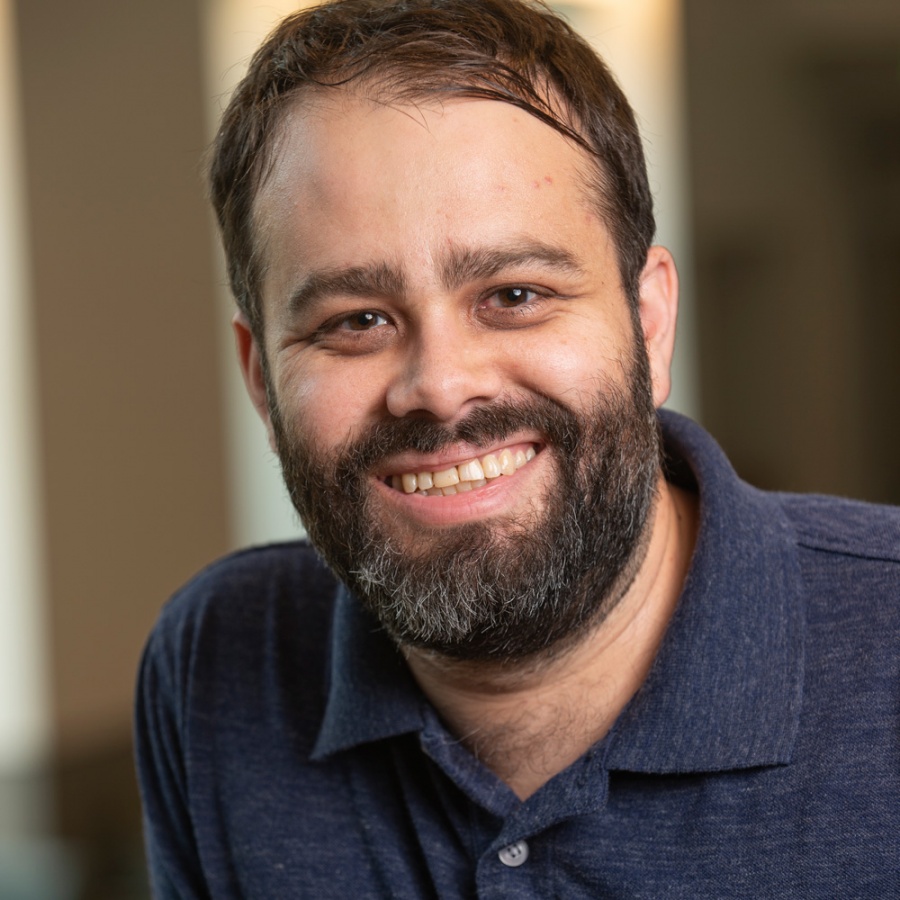Other Muslim Bans State Legislation Against “Islamic Law”
Main Article Content
Abstract
This Article addresses and critiques the case for state-level legislative bans on courts citing “Islamic law” or the law of Muslim-majority countries. In particular, the Article reviews the most substantive evidence adduced by the bans’ supporters, in the form of a set of state court cases published by the Center for Security Policy (CSP). Very few of these cases, in fact, show courts actually applying Islamic or foreign law, and in none of these cases would the various forms of proposed legislation have been likely to alter the result. Thus even this report does not suggest a need for the state laws purporting to ban sharīʿa. The Article thus argues that even if these bans are not unconstitutionally discriminatory in their effect, they are ineffective at achieving their claimed purpose.
This Article was originally published as an Occasional Paper in the Harvard Papers in Islamic Law series in 2018.


